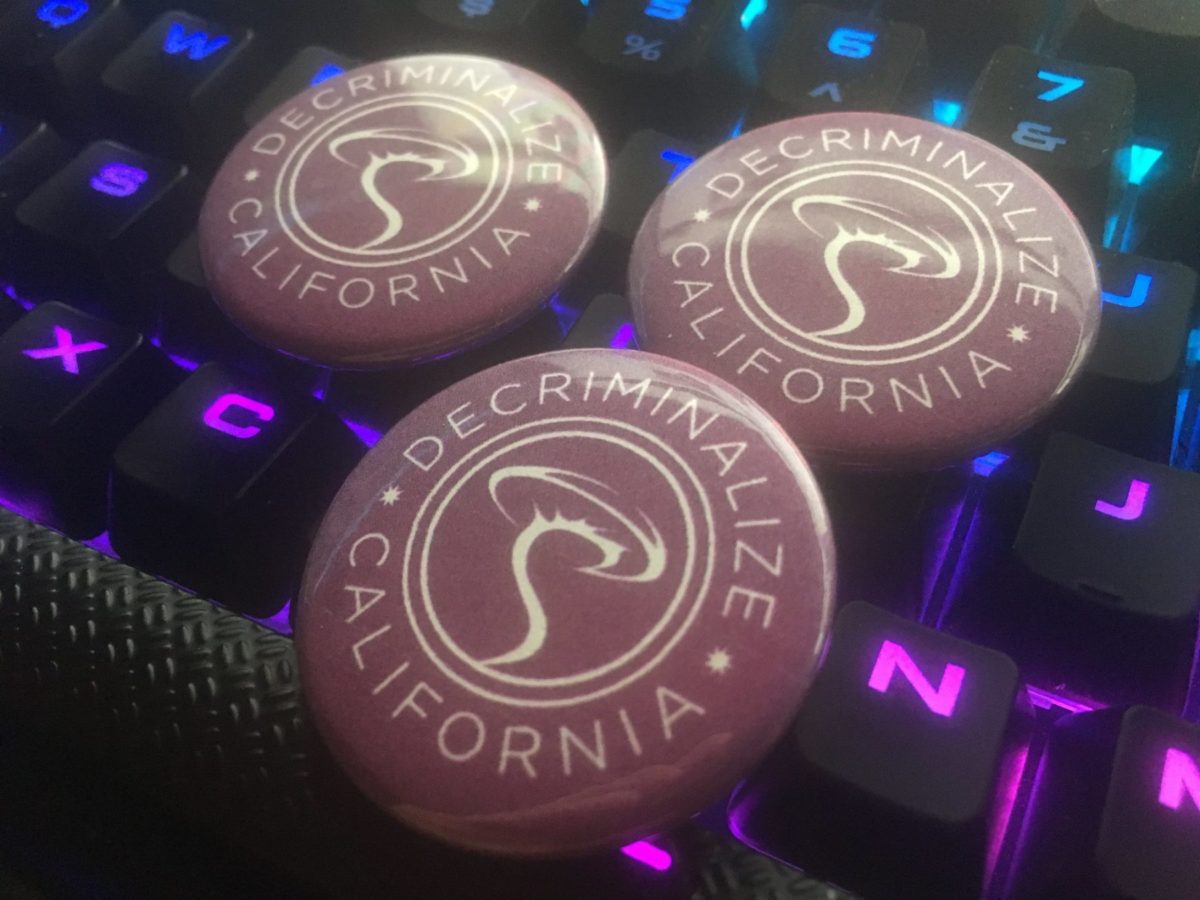The effort to decriminalize and legalize psilocybin mushrooms throughout California has received official approval to move forward.
Decriminalize California, the activist group behind the campaign, informed Filter that on January 8, the California Attorney General approved them to begin gathering signatures for their California Psilocybin Decriminalization Initiative 2020.
Per state law, Decriminalize California must now collect 623,212 valid signatures—representing 5 percent of votes in the last gubernatorial election—by April 21. If successful, the initiative will go on the ballot, putting the question to California voters on November 3, 2020.
“We received the final Title and Summary which acts as the official ‘go-ahead’ for signature collection,” said Zach Topley, Decriminalize California’s outreach director, told Filter in response to the latest development. “The initiative language has been approved ‘as is,’ with no changes made by the state.”
The campaign is now formatting and printing the language onto petition sheets for canvassers to use and share. “We are about to go into the ground game so get ready,” they wrote last week.
As Filter reported last year, the California psilocybin initiative would decriminalize personal use, possession, and cultivation of psilocybin mushrooms for residents over age 18. It would also allow clinicians and researchers to use psilocybin for medical and scientific purposes, create a licensing and regulatory system for retail psilocybin sales, and provide expungement and post-conviction relief for psilocybin offenses.
As such, Topley, explained then, it is “very close to legalization, however, without psilocybin being rescheduled or descheduled at the federal level, it seems more appropriate to refer to it as decriminalization.”
Arguably, the hard work is just now beginning. Collecting well over half a million signatures in 180 days to be certified by state elections officials is no easy task—even in such a large state and (potentially) politically favorable state.
“We will be gathering signatures at locations with high-levels of foot traffic, namely street corners and farmers’ markets as well as outside grocery stores and transit stations,” Topley said. “We are also placing petition clipboards in allied businesses, such as yoga studios, metaphysical stores, health food stores, and cannabis dispensaries. Employees at these businesses will receive training to ensure that they collect signatures properly.”
Decriminalize California will focus especially on Los Angeles County, the most populous in the state—and in the nation. Signature collectors or canvassers are currently working on a volunteer basis, and the organizers are seeking to recruit more. The organizers will also seek signatures from influential psychedelic researchers, policymakers and other experts.
To maximize its chances of the anticipated ballot measure winning, Decriminalize California also plans to educate voters by hosting and promoting events about psilocybin harm reduction, cultivation and mycology.
Image of Decriminalize California campaign buttons via Facebook.





Show Comments